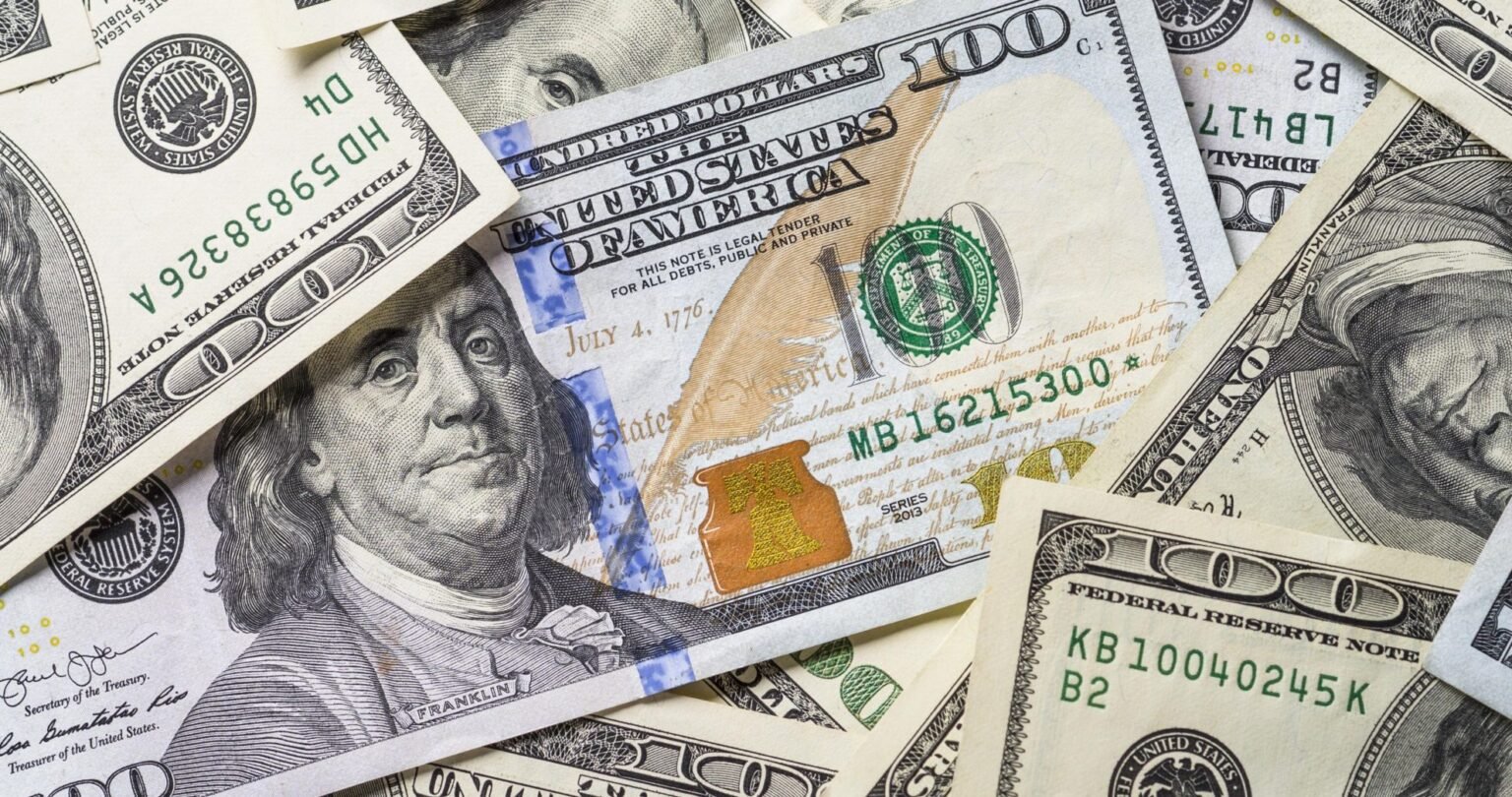The president’s Build Back Better economic plan has faced stonewalling from Republicans, and resistance from conservative Democrats seeking to keep new spending in check. Joe Biden and his allies continue to push the bill notwithstanding a recent close call which nearly saw the federal government default on its $28+ trillion in debt.President Joe Biden has offered a novel, if somewhat confusing defence of his Build Back Better spending package.
“My friends on the other side never had any problem printing $2 trillion in tax cuts for the very wealthy,” Biden said, speaking at a child center in Hartford, Connecticut on Friday and referring to the Tax Cuts and Jobs Act, which was passed by a Republican Congress and signed by Donald Trump in 2017 and slashed $1.9 trillion in taxes.
“Look, I don’t think you shouldn’t be able to make a million or a billion dollars. I’m a capitalist, but guess what: I’m also for 36 years the poorest man in the Congress. But I make big money now, I’m a president,” Biden quipped. “But all kidding aside, I don’t think we should punish anybody, but just pay your fair share. Just pay your fair share,” he added.The president went on to praise the American Rescue Plan, a $1.9 trillion economic stimulus plan signed in March 2021, calling it “a real game changer” that “started our economy moving again.”Pitching his $3+ trillion Build Back Better plan and a separate $1.2 trillion infrastructure bill, Biden suggested that these spending packages were “not about left versus right, they’re not about moderate versus progressive, or anything else that pits one American against another.”“These bills in my view are literally about competiveness versus complacency, about opportunity versus decay, about leading the world or continuing to let the world move by us,” he said.
Intraparty Wrangling
Democratic lawmakers are continuing internal negotiations on the Build Back Better agenda, which proposes hundreds of billions of dollars in new spending on a broad range of social and climate programmes, social security and Medicare expansions, childcare, paid leave and education initiatives. While Democrats in the Senate theoretically have enough votes to pass the BBB plan without any Republican support, they have faced intraparty wrangling over which portions of the bill to slash amid threats by a small group of fiscal conservatives led by Joe Manchin to block the bill unless spending comes down to a maximum of $2.2 trillion.As for the $1.2 trillion bipartisan infrastructure bill, it was was passed by the Senate this summer, but progressive Democrats in the House have threatened to block it if BBB spending package is not lavish enough.
Money Printer Go Brrr
The intense debate over just how many more trillions of dollars to raise spending by comes as the US national debt edges closer and closer to $29 trillion. Earlier this month, Democrats and Republicans cut an emergency last minute deal to raise the federal debt ceiling until early December after Treasury Secretary Janet Yellen warned that the US government would have run out of money and gone bankrupt by 18 October if the limit was not raised.Biden signed the debt limit agreement into law on Friday, postponing the debt crisis for two more months unless lawmakers can hammer out a more permanent agreement.However, Senate Minority Leader Mitch McConnell has already threatened not to assist Democrats a second time around, accusing Majority Leader Chuck Schumer of a “partisan, angry and corrosive” speech Thursday on the temporary debt limit hike.The concept of a debt ceiling was introduced in the US in 1917 to help finance America’s involvement in the First World War. Since then, the initial cap of $11.5 billion (equivalent to about $245 billion today) ballooned by more than 2400%, and lawmakers have raised the limit over 100 times. The US’s gargantuan debt, combined with the dollar’s status as the world’s de facto reserve currency, have allowed Washington to spend significantly more than it collects in tax revenues, and to allot massive amounts of money to otherwise prohibitively expensive programmes – like a $700 billion+ annual defence budget
source : sputniknews.com



